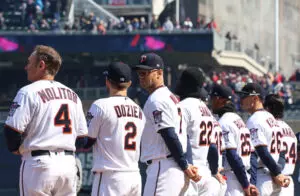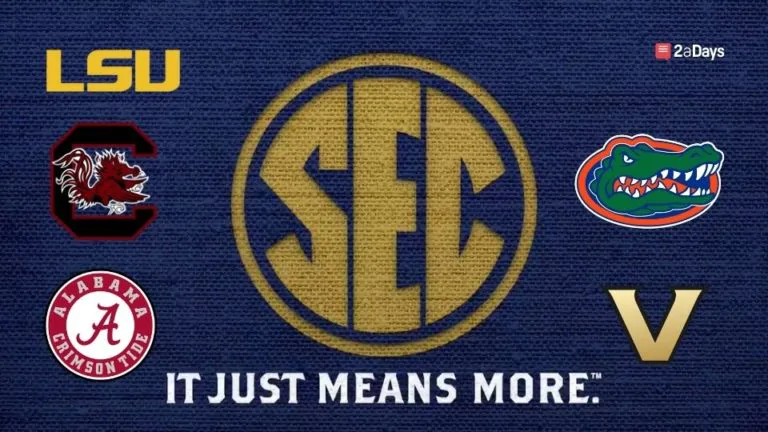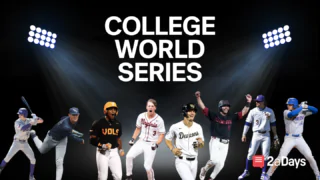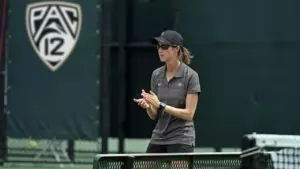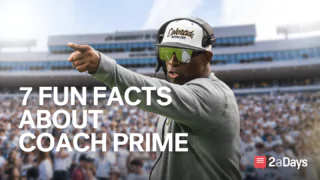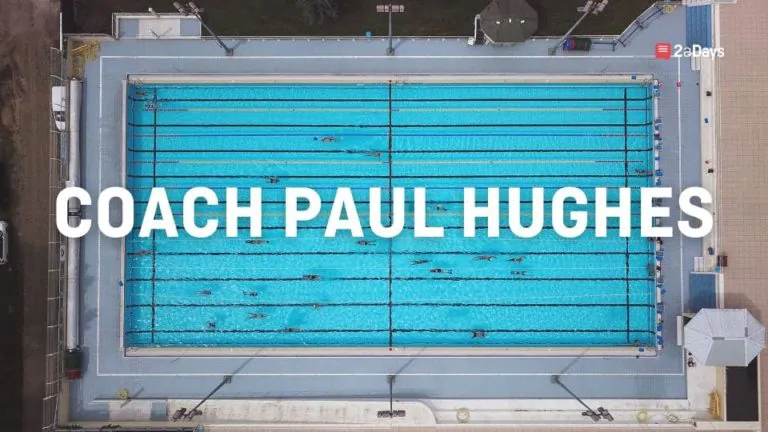Kyle Schmidt is a professional baseball player who has recently signed a contract with the Minnesota Twins. Schmidt plays catcher and was drafted to the Twins as the 989th pick in the 33rd round. Previously, he played at Smithville High School, where his success on the field led him to University of Richmond. At Richmond, Kyle won numerous awards for his performances on the diamond and eventually he achieved his lifelong dream of being drafted. Below are just a few of Kyle's accomplishments.
2019 – University of Virginia
- Johnny Bench Award Watch List
- Second Team All-Atlantic 10
- 33rd round draft pick by the Minnesota Twins in the 2019 MLB Draft
- A-10 Player of the Week (April 22)
- A-10 Commissioner's Honor Roll
- Drafted by the Minnesota Twins in the 33rd round of the 2019 MLB Draft
- Second Team All-Atlantic 10 Catcher
- A-10 Commissioner's Honor Roll
- Appeared in 47 games making 45 starts as the Spiders primary catcher
- Atlantic 10 Player of the Week after the weekend series with VCU
- Hit for a .347 average in 170 at bats
2aDays: In high school, was there a particular measurement or skill you were focused on improving, or did you have an idea what college coaches were interested in, like pop times, batting average, etc.?
As a catcher, I knew that the standard benchmarks would be looked at by college coaches. Pop time, batting average, speed, and mechanics were on my mind. Of course those are important; however, the biggest things I strived to exhibit were work ethic and hustle. I felt that no matter how I was performing, if I could consistently show that I was going about my business the right way I knew I had a chance. I found out in college that these are great tools that transcend the highs and lows present in baseball.
2aDays: Were you striving to get drafted, or was it not something you focused on in college? Is there any advice you would give to college players who are stressed about the draft?
Of course – this has always been my dream and I'm so grateful to have the opportunity to realize it. That said, I would say not to become so wrapped up in the draft that it affects your play. My senior year was wonderful because I told myself that the draft was either going to or not going to happen and it would benefit me more to play for my teammates. If someone is feeling stressed about the draft just focus on loving the game and being the best teammate you can be and baseball will take care of itself.
2aDays: What venues did you find the most useful in getting recruited in high school in terms of showcases, high school games and summer tournaments?
Definitely summer/fall tournaments. College coaches are super busy during the Spring Season and are able to travel and recruit while watching you take in-game reps against other great ball players.
2aDays: What was important to you when looking to play college baseball? Did you look at the coaching staff, ability to play right away, facilities, a history of success? Were you looking for a school that could help you get drafted?
First and foremost was the opportunity to play. I wanted to be someone who could come in and make an impact. Yet, after that was the reputation of the school and its fit to me as a student. Richmond fit the bill because it was a strong academic school and I wanted somewhere that would provide me with opportunities at the conclusion of my baseball career. I would also say to find somewhere you could see yourself living and having fun. Richmond was a great city for me because it has lots of cultural flare and is close to the mountains and the outdoors.
2aDays: What advice can you give to high school baseball athletes who want to be recruited to play for the University of Richmond? How can they get on a coach's radar?
Reach out! College coaches aren't automatically going to become aware of your abilities simply because you are an excellent player. This does happen of course, but coaches seem to respond well to players who take initiative. When contacting a coaching staff, be sure to give them reasons to find a spot for you – show interest in the school and any programs you'd like to do while in school. If a coach knows you want to come to the school they should at least give you a look.
2aDays: What are the three key characteristics that high school baseball athletes need to exhibit to be successful when playing at the college level?
In my opinion, a strong work ethic that extends outside of baseball, being a good teammate and exhibiting confidence.
2aDays: Were there any obstacles that you went through during the recruiting process, and if so, what were they?
Some self-doubt was present during that period. At times I was unsure if I could really be a collegiate level athlete. That said, I wanted to play in college more than anything and I let the prospect of doing so rise above any fear or doubt. Also, knowing what school was the right place for me became somewhat of a challenge as well. Looking back I know I made the right choice.
2aDays: If you could change one thing about your recruiting process, what would that be?
I would have sought out more opportunities to visit colleges. I feel like that really gives you a feel for how you are going to like a school both academically and athletically.
2aDays: Do you have any advice for High School Athletes that want to play at the next level but are struggling to get recruited?
Don't give up. I believe that there is a place out there for everyone if you work hard enough to make a connection and get yourself in front of a coach. It doesn't matter if you play DI or you play at a Community College – you still get the opportunity to play baseball at the collegiate level and make lifelong connections with teammates, coaches, mentors, etc.
2aDays: How did playing for Richmond help you prepare for the MLB?
The level of competition helped me push to play at a higher level and being able to develop for an additional four years (both mentally and physically) made a world of difference.
2aDays: How have you handled adversity in your collegiate or professional career?
By trusting in my abilities, my ethic, and those around me. Any time I was going through a tough time I could lean on my family, coaches and teammates for guidance.
2aDays: What advice can you give to college athletes who want to play professionally? What is the first step that they should take?
I'd say to do a realistic internal evaluation of yourself as a player and identify the areas that are going to give you the best chance to do so as well as your biggest weaknesses. Then, hone the strengths and do whatever you can to improve areas that need improvement. You can also talk to your coaches about your intentions. They will likely tell you what you should do as a player to get there and will work to get you exposure to scouts.
2aDays: Do you think MLB scouts were most interested in defensive skills or your hitting ability, and was there one aspect of your game you were focused on improving in college to get to the next level?
As a catcher it was definitely my defensive skills. That was and still is the strongest part of my game. I was trying to maximize my value behind the plate. But, I also knew that my swing would need to be good enough to get me to the next level so I was (and 100% still am) constantly working to improve my offensive ability.
2aDays: What was your first reaction to being drafted?
I was alone in my car when I got the news and I think it was due relief from anxiety but I let out an excited yell/sigh kind of noise while I was driving and may have swerved a little bit in traffic!
2aDays: What is the best piece of advice that a coach gave you, and who was that coach?
One of my travel ball coaches when I was 12 or 13 told me that no matter how far I go in baseball, treat the process like a marathon and not like a sprint. Basically, he was telling me to take my development one step at a time and recognize that big jumps in skill are a result of persistence and commitment to getting better.
2aDays: What is the funniest thing that you saw a player do during a game?
During the summer season of my junior year at UR, I was playing in the NECBL and had a night off. I was in the bullpen with all of the pitchers in the top of the first inning. We were the away team and one of the players turned to the umpire and said “Blue, I've gotta go to the bathroom.” The umpire was surprised and said something to the likes of, “dude, it's the middle of the inning… what are you talking about?” He dropped his glove after the next pitch and ran off the field and came back 5 or 6 minutes later and returned to applause from everyone!
* Originally published on April 20, 2020, by Jay Korman

